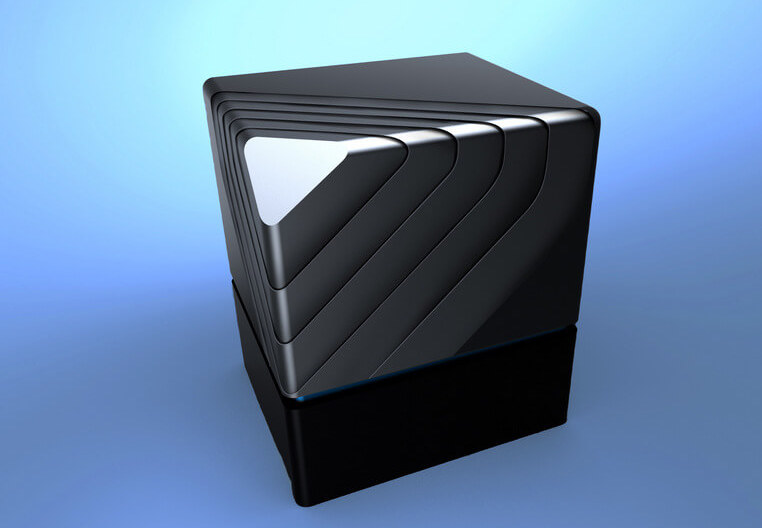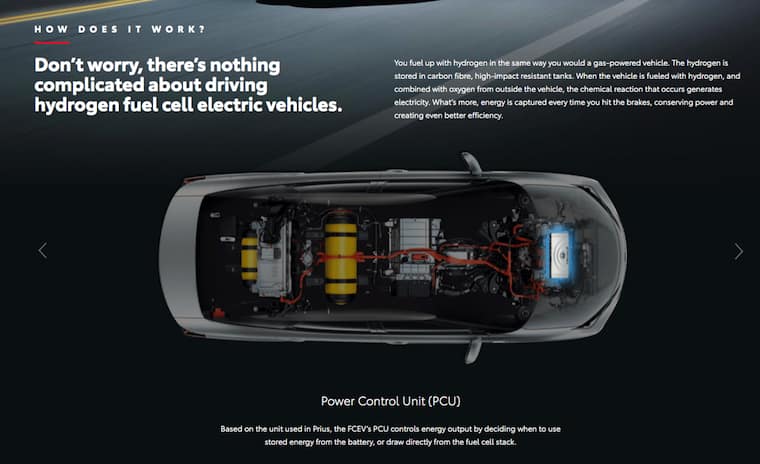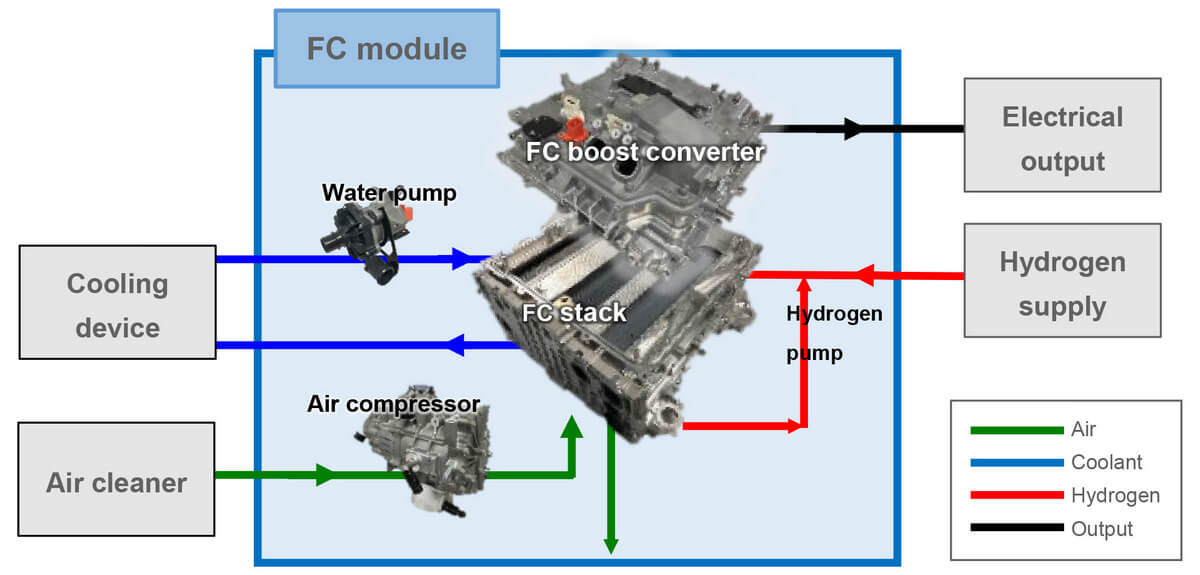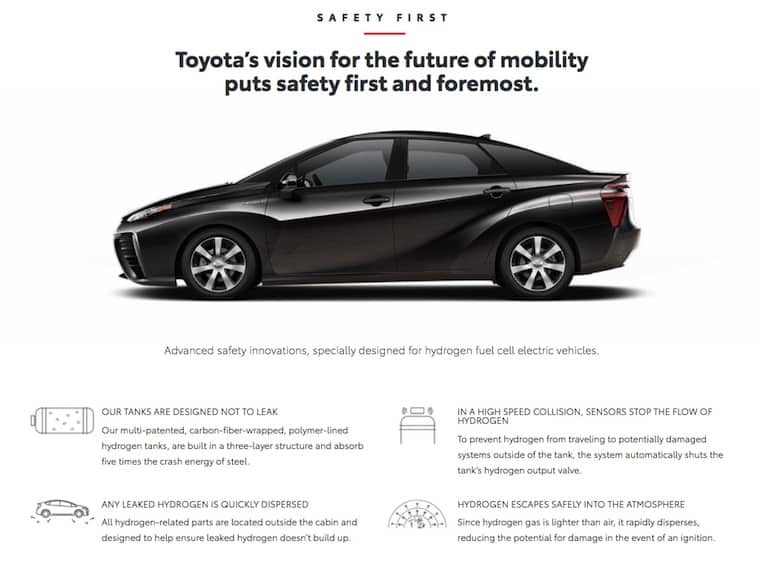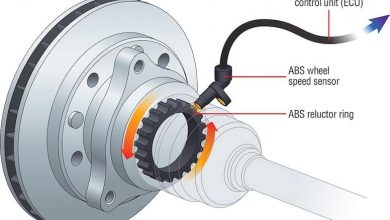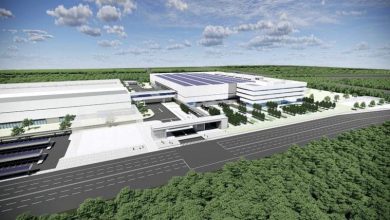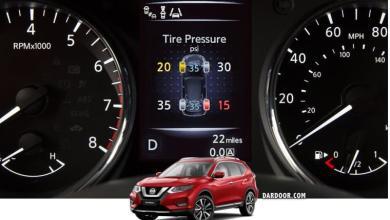Toyota’s Fuel Cell Module May Change the Hydrogen Industry
FC module is generating electricity by chemically reacting hydrogen and oxygen

Toyota will sell fuel cell modules to other manufacturers, which could power buses, trucks, trains, and even be used as stationary generators.
Toyota’s FC system is a device that generates electricity by chemically reacting hydrogen and oxygen. This technology was commercialized in the fuel cell Mirai for the very first time in 2014. Moreover, the demand from different industries to sell FC systems to use it as a power source kept increasing as companies want to go green.
The reaction of hydrogen and oxygen does not produce carbon dioxide and hence is considered an environment-friendly fuel. Usage of fuel cells will pave the way for a zero-emission future and increase infrastructure development momentum.
Toyota’s fuel cell modules include everything you’d need in one package. Notably, it features a stack that reacts hydrogen and oxygen and a converter that increases electricity output inside one box. Hence, it could easily connect to a motor or battery. Until now, each part was sold separately. The fuel cell modules are available in two types of rated output, 60 kW and 80 kW, and vertical and horizontal types are available for each, for four types.
The fuel cell module can be equipped with any other electrical appliance with an FC boost converter. The modular system has a voltage range of 400-750 volts and can combine multiple modules for a custom design fitting the installation space.
Since the hydrogen system was developed for automobiles, it is characterized by its safety that can be used even in situations where temperature changes and vibrations are severe. The company made sure to incorporate safety systems that detect any hydrogen leakage and immediately deploy measures to stop it.
As expected, Toyota has improved its fuel cell system to such an extent that it has reached the highest output density per unit volume.
The module should find use in small mobility, construction machinery, agricultural machinery, etc. Combining it and preparing fuel cell systems with various outputs and designs will eventually expand the range of potential applications outside of the automotive industry.
Unfortunately, the price and sales target of Toyota’s hydrogen system has not been disclosed yet. More details to come.


